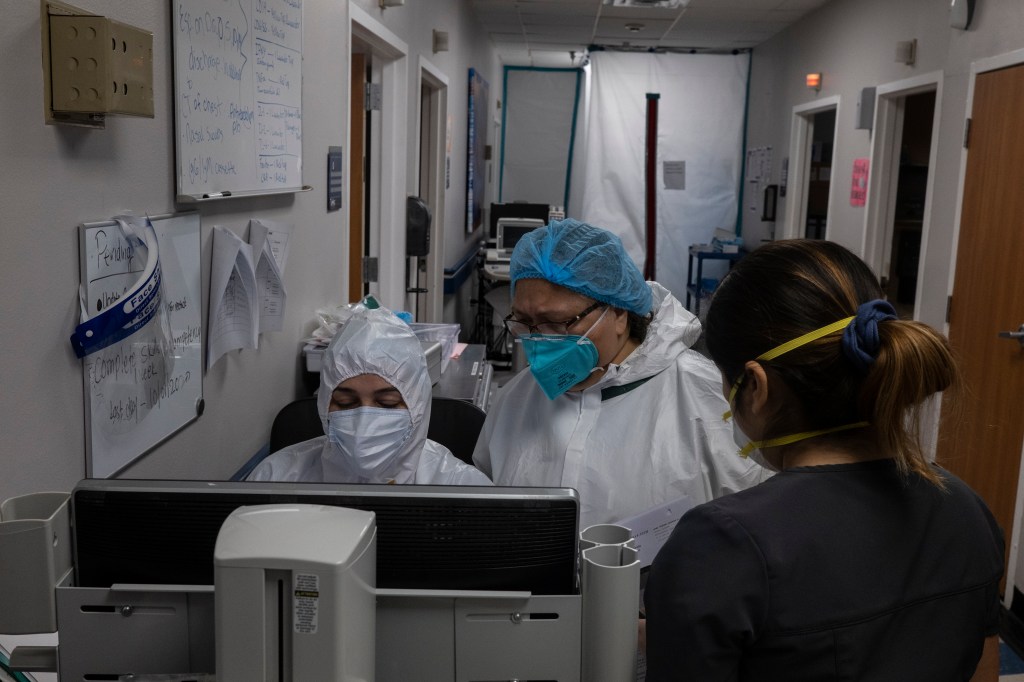These actions are just the latest in a steady stream of disciplinary actions by the audit overseer, which has stepped up enforcement activity since Erica Williams became chair in January 2022.
Let’s take a closer look at two of those actions. PwC’s Greek branch was fined $3m on Tuesday for ignoring
Register for free to keep reading.
To continue reading this article and unlock full access to GRIP, register now. You’ll enjoy free access to all content until our subscription service launches in early 2026.
- Unlimited access to industry insights
- Stay on top of key rules and regulatory changes with our Rules Navigator
- Ad-free experience with no distractions
- Regular podcasts from trusted external experts
- Fresh compliance and regulatory content every day












